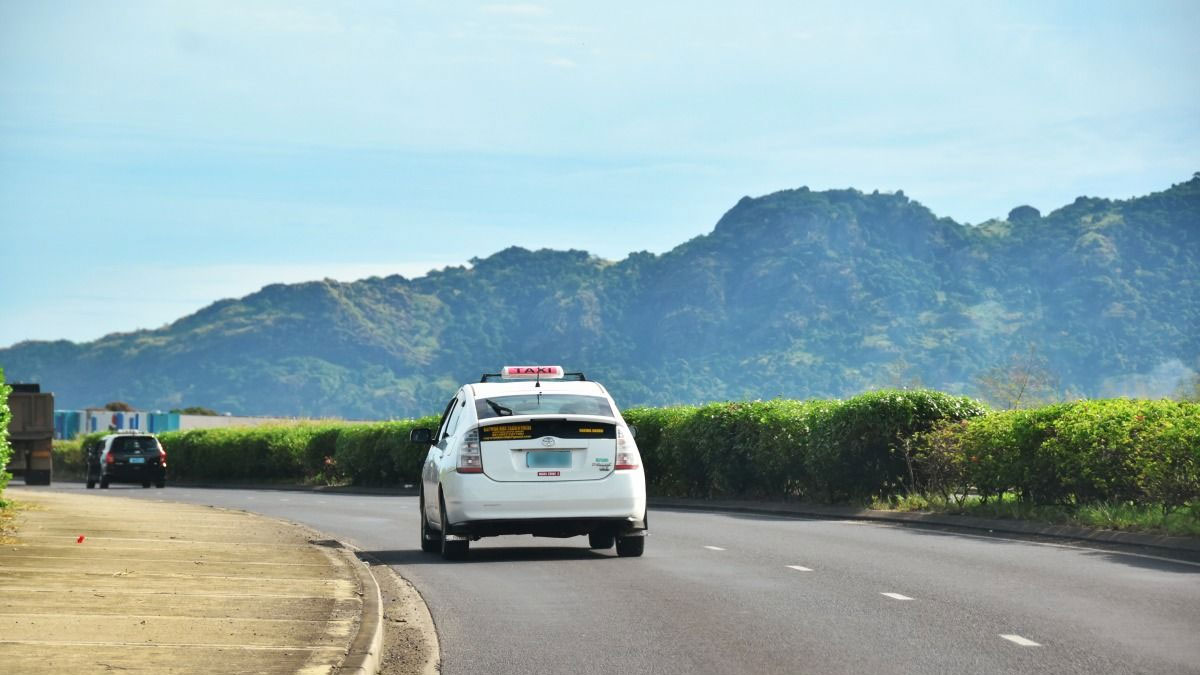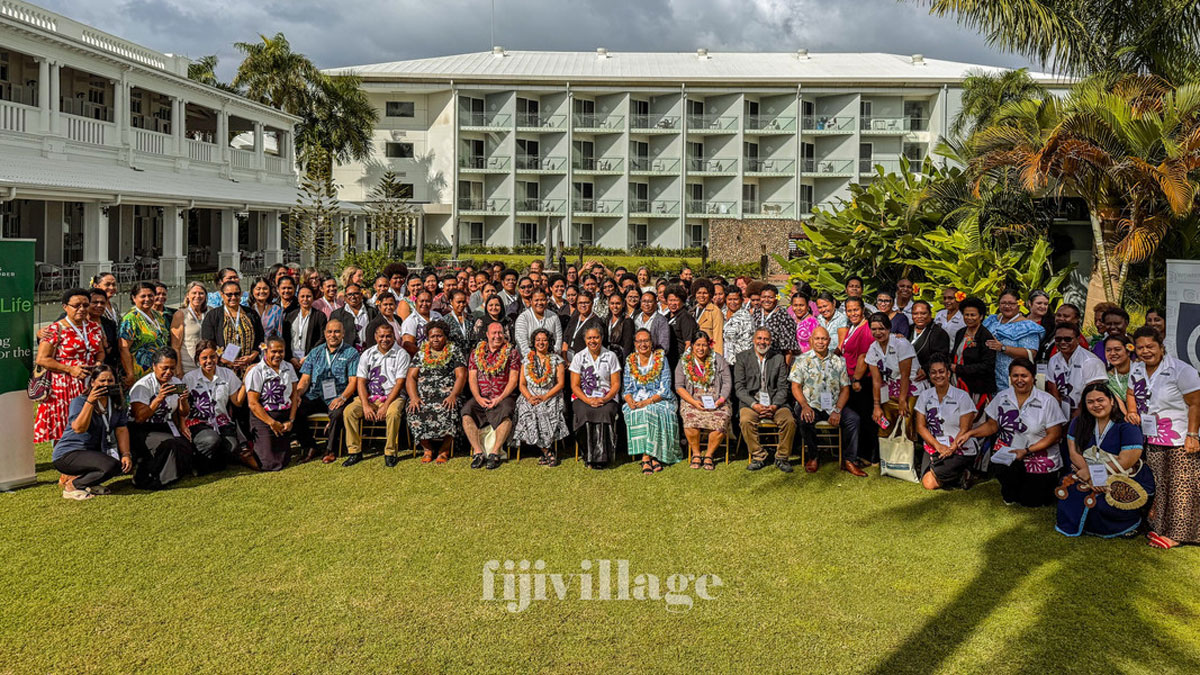
The Taxi Base and Stand System will be re-introduced after the Land Transport Amendment Bill 2025 was passed in Parliament.
26 MPs voted for it, 6 did not vote, while 13 voted in absentia.
According to the Minister for Public Works, Transport and Meteorological Services, Ro Filipe Tuisawau, this Bill represents a necessary course correction in Fiji's public transport regulatory framework, specifically addressing the governance and operation of the taxi industry.
He says every person is entitled to reasonable access to transport stations, as per Section 34 of the Constitution, and the reintroduction of a structured Base and Stand System is a step towards realising this right.
He further says it creates a fairer and more accessible framework that allows Fijians the opportunity to operate taxis, earn a dignified livelihood and deliver essential transport services to their communities.
The Minister adds the Open Taxi Rank System was introduced to increase operational flexibility and improve fairness.
He says it allowed taxis to operate on a rotational basis from any open rank, however, the past two years have shown that in practice, the system has fallen short of its objectives.
Ro Filipe says this has led to mounting congestion in urban areas such as Suva, Lautoka and Nadi.
He says regulatory and enforcement agencies, including the LTA, the Fiji Police Force and municipal councils, have encountered significant challenges in monitoring and managing taxi operations that are no longer geographically bound.
Leader of Opposition Inia Seruiratu called on the Government to conduct further consultation on the Bill so that they can look at a long-term solution to the issues being raised.
He says there are some that have benefitted from the Open Taxi Rank System while others have not, but they need to tread carefully and look at this holistically.
While supporting the motion, Opposition MP Naisa Tuinaceva says the Bill represents a significant and timely intervention that seeks to address the operational, enforcement and governance challenges arising from the current Open Taxi Rank System, which has proven increasingly difficult to regulate effectively and to serve the people of Fiji well.
He says the Open Taxi Rank System intentions may have been honourable in addressing the concerns of taxi operators through the equitable sharing of income in a competitive and liberal economic model, however, the oversight does not adequately consider the needs of customers, taxis and passengers.
Stay tuned for the latest news on our radio stations

